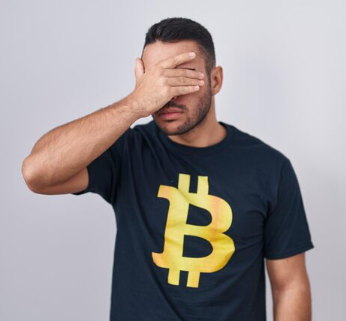Understanding Digital
- Carl Boniface

- 19 de jul. de 2022
- 2 min de leitura
Atualizado: 2 de set. de 2022
Online digital methods like PayPal, Amazon Pay, or eBay managed payments are familiar. If you mention Bitcoin then cryptocurrency comes to mind. Bitcoin and cryptocurrency wouldn’t exist without Blockchain. Even banks are using financial transfers via Blockchain.

Blockchain is the technology capable of supporting various applications related to multiple industries like finance, supply chain, manufacturing, etc., just as Bitcoin is a currency that relies on Blockchain for security.
Blockchain is a system of recording information in a way that makes it difficult or impossible to change, hack, or cheat the system. A blockchain is essentially a digital ledger of transactions that is duplicated and distributed across the entire network of computer systems on the blockchain.
The DeFi which means decentralized finance equals what is provided by blockchain technology that is run using apps called dApps and “protocols”, which are programs used to handle financial transactions using Bitcoin and Ethereum, and that allow users to access the applications from anywhere in the world. However, there are many other cryptocurrencies. In a previous blog about Blockchain Transparency I confirmed how blockchain is being used more frequently by banks for clearing settlements, cross-border payments, and digital identity management.
Types of digital currencies include cryptocurrency, virtual currency and central bank digital currency. Digital currency may be recorded on a distributed database on the internet, a centralized electronic computer database owned by a company or bank, within digital files or even on a stored-value card.
Digital money can either be centralized, where there is a central point of control over the money supply (for instance, a bank), or decentralized, where the control over the money supply is predetermined or agreed upon democratically. At this stage of my article, you may wonder if indeed there is a future for payment systems on the blockchain, and I think you’ll agree with me that the momentum is guaranteed!
A November 2021 report from Juniper Research suggested the use of blockchain could reduce banks' cross-border settlement costs by more than $10 billion a year by 2030. The report authors note that blockchain solutions such as RippleNet and Visa B2B Connect are already offering payment efficiencies over legacy systems.
With these guiding principles, Visa’s B2B Connect has a platform design that incorporates blockchain technology as its major driving force. The platform will use an API-first strategy to ensure that it is scalable, flexible and user-friendly.
Take care!
Prof. Carl Boniface
Vocabulary builder:
Supply chain (n) = the sequence of processes involved in the production and distribution of a commodity. A supply chain is the network of all the individuals, organizations, resources, activities and technology involved in the creation and sale of a product. A supply chain encompasses everything from the delivery of source materials from the supplier to the manufacturer through to its eventual delivery to the end user.
Ledger (n) = book, record, register, archive, journal, account book
Settlement (n) = payment, clearance, reimbursement, disbursement, expenditure, (ant) receipt. Settlement can also mean resolution or conclusion to agreements or transaction, or decision other something.
Momentum (n) = impetus, motion, thrust, energy, drive
Legacy (n) = money, heirloom, heritage, birthright, gift, donation
Scalable (adj) = ascendable, climbable, walkable, mountable




Comentários